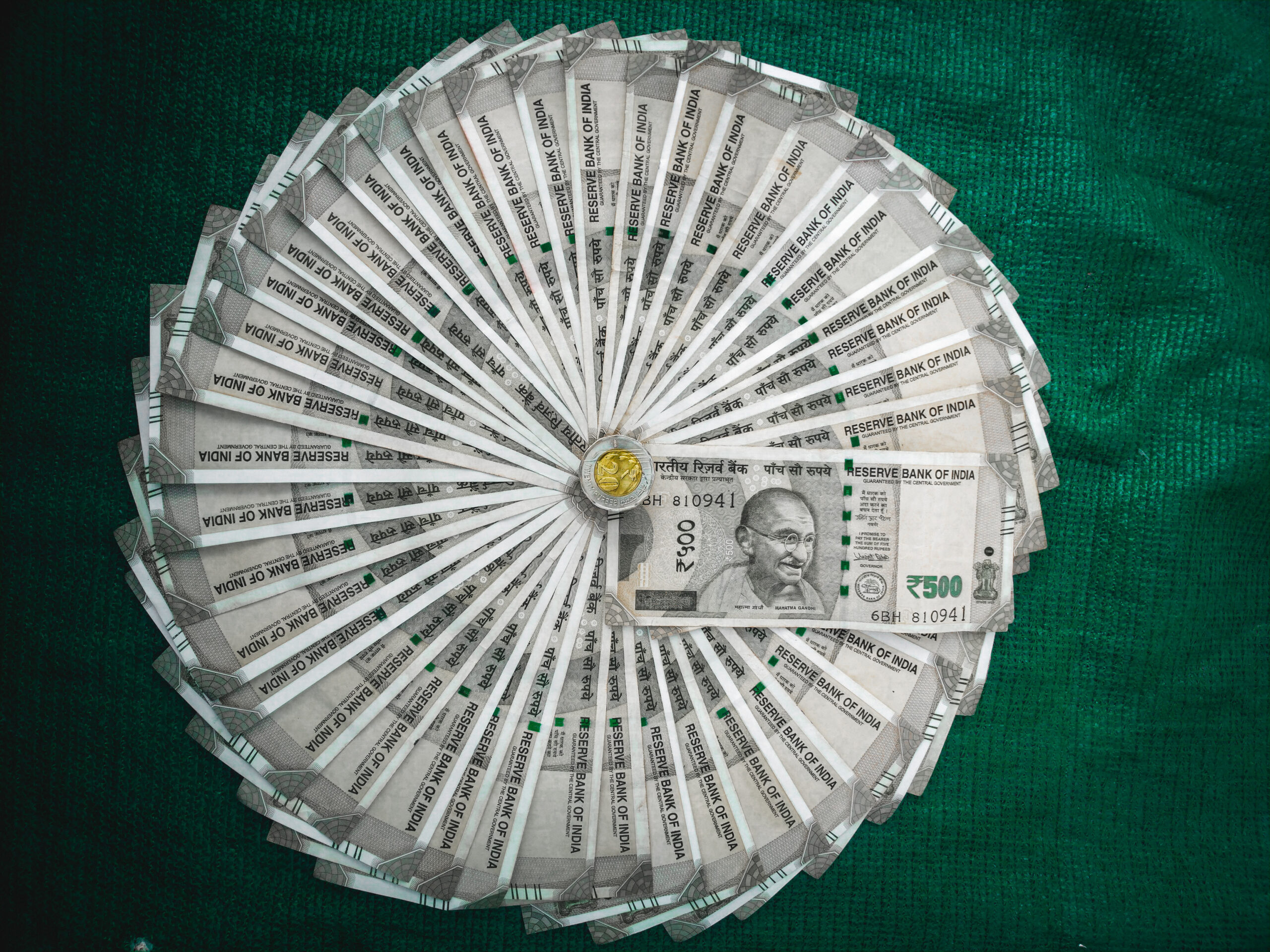India is becoming the latest country joining the surge to create state-funded virtual currencies starting with launching a digital version of the rupee currency and taxing cryptocurrency profits. The central bank of India plans on introducing the digital currency utilizing blockchain and other technologies projected for the new fiscal year around April.
The Indian Finance Minister Nirmala Sitharaman proposed the new plan during a recent parliament hearing while presenting India’s annual budget. Sitharaman toted the plan supporting the benefits of having a digital rupee that would “give a big boost to the digital economy” but was vague on executing a plan.
Sitharaman didn’t disclose further details of the plan like the economic impact or how widely the digital rupee will be used initially. Digital currency has become a popular option following the decision by Prime Minister Narendra Modi to ban two of India’s biggest rupee banknotes in 2016 to establish anti-corruptive uses of money.
India has a troubled past when it comes to concerns with cryptocurrency and the best practices on regulating digital assets with some considerations for banning cryptos. Last year, the official India parliament website posted a puzzling proposal that the government was considering plans to ban all private cryptocurrencies in India.
This is one of the growing concerns for the central bank of India as cryptocurrency can be used when committing crimes like finance terrorism or money laundering. Sitharaman suggests authorities are inclined to allow crypto trading to continue in India but will be imposing regulations with a proposal of imposing a 30% tax on income from digital assets.
Sitharaman discloses, “There has been a phenomenal increase in transactions in virtual digital assets. The magnitude and frequency of these transactions have made it imperative to provide for a specific tax regime.” This will be a big win for crypto investors as India is the third biggest economy in the biggest continent in the world with Asia being a huge hub for cryptocurrency.
Since the beginning of the global pandemic, virtual currencies are being more commonly used in India despite the government lacking statistics. Industry experts estimate that there can be up to 20 million crypto traders in India. The CoinDCX exchange was one of India’s first successful crypto companies with the co-founder, Sumit Gupta, who disclosed that taxing crypto or digital assets will help provide much-needed confidence and clarity for a transparent industry.

